









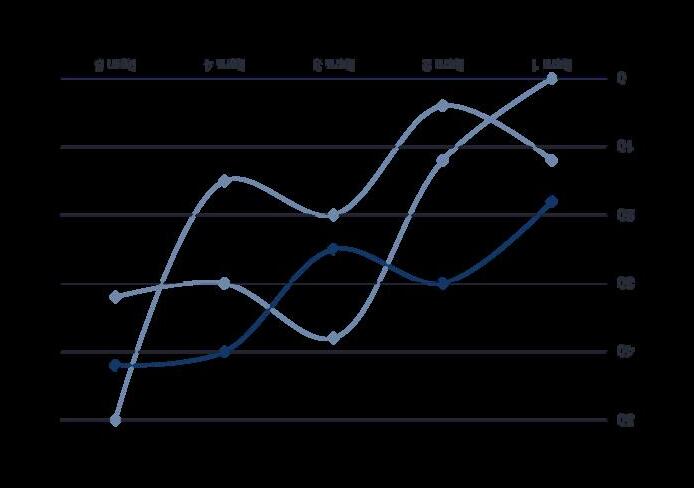

The global Darifenacin Hydrobromide market was valued at USD 448 million in 2024 and is projected to reach USD 684 million by 2031, exhibiting a CAGR of 6.4% during the forecast period.
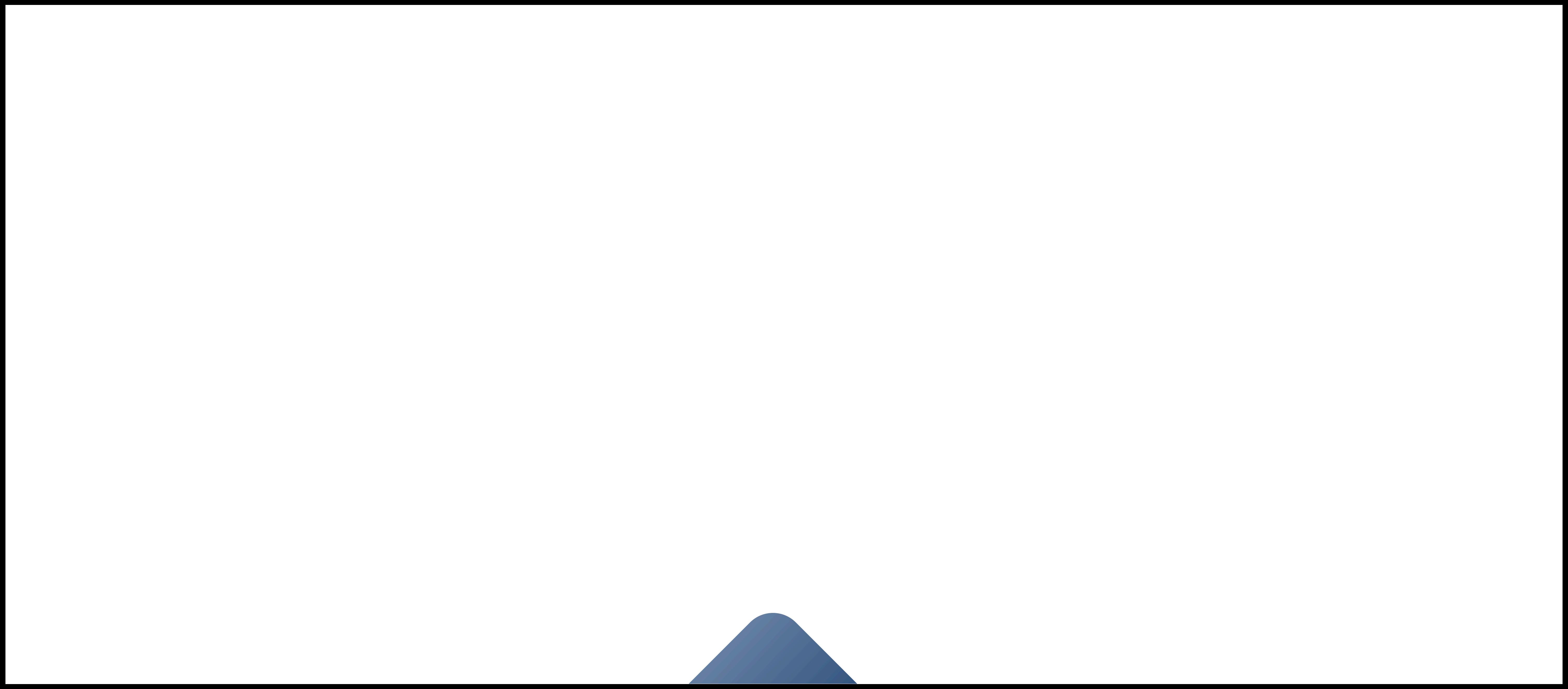
Darifenacin Hydrobromide is a competitive muscarinic M3 receptor antagonist primarily used to treat overactive bladder (OAB) symptoms. By selectively blocking M3 receptors, it reduces bladder muscle contractions and decreases urinary frequency, urgency, and incontinence. The drug is available in two main dosage forms: 7.5mg and 15mg extended-release tablets.
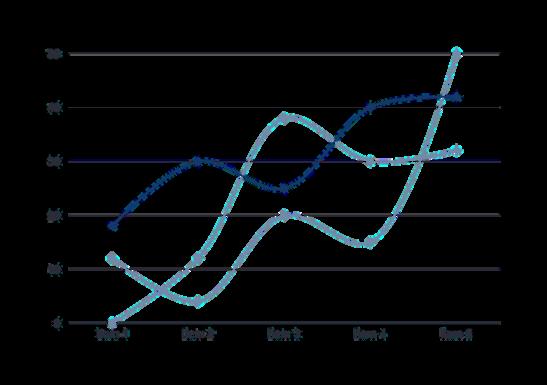

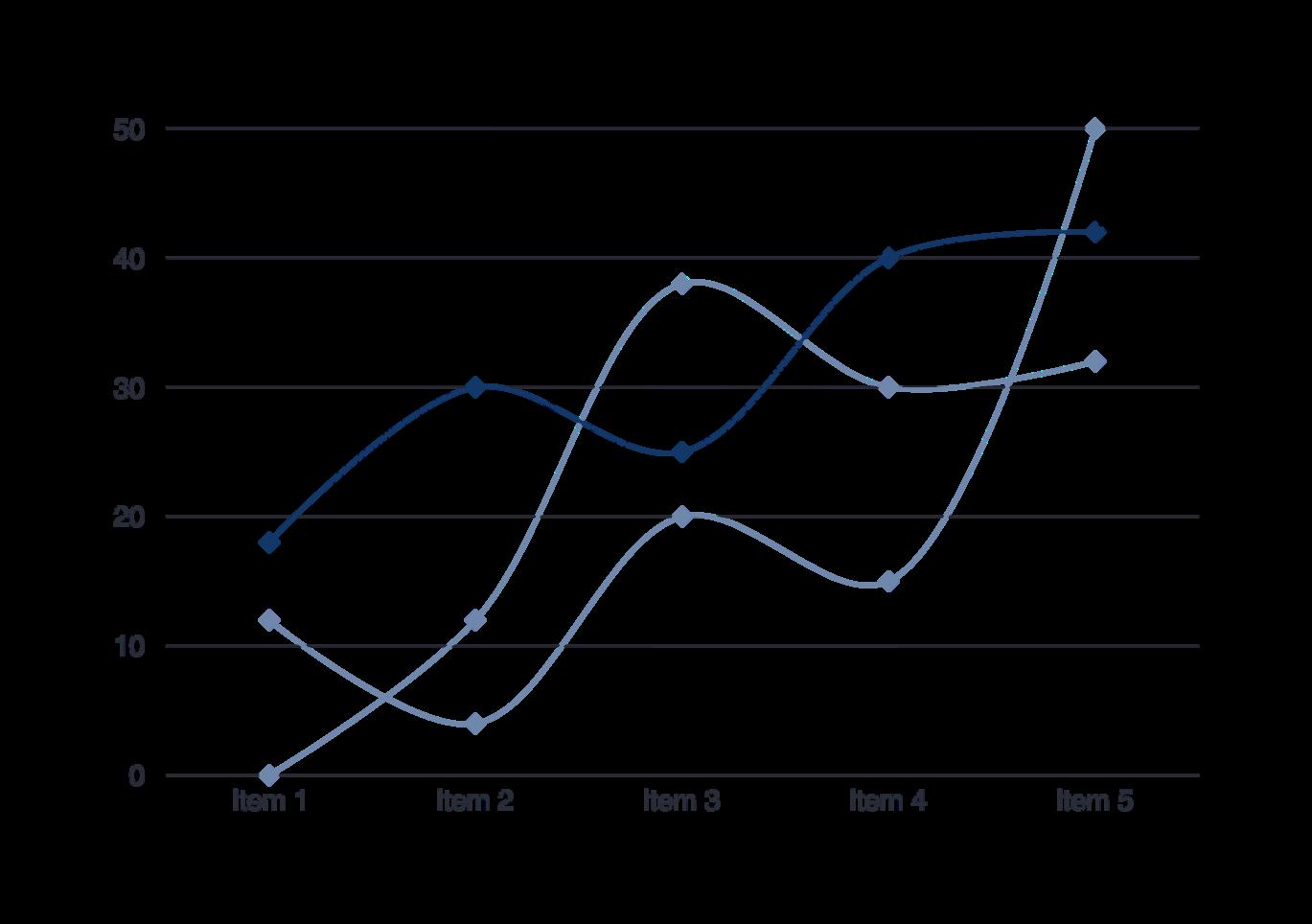

USD 448 million in 2024
2032 USD 684 million by 2031
of 6.4%


15mg Segment Dominates the Market Due to Its Preference in Moderate to Severe Overactive Bladder Cases

Darifenacin Hydrobromide, a competitive muscarinic M3 receptor antagonist, is primarily used to reduce bladder contractions and urinary urgency associated with overactive bladder (OAB) symptoms. The global market for this drug was valued at $448 million in 2024 and is projected to reach $684 million by 2031, growing at a compound annual growth rate (CAGR) of 6.4%. This growth is driven by the rising prevalence of OAB, affecting over 30% of adults over 65 in developed countries, and increasing awareness of targeted therapies.
The 15mg dosage leads due to its enhanced efficacy in patients requiring stronger symptom control, while the 7.5mg serves as an initial treatment option for milder cases. Market segmentation by type reflects demand influenced by clinical guidelines recommending dose titration based on patient response and tolerability.
The market is segmented based on type into:
7.5mg 15mg




Applications of Darifenacin Hydrobromide span various healthcare environments, where its role in managing OAB symptoms such as incontinence and frequent urination aligns with broader pharmaceutical trends. The overall pharmaceutical market, valued at $1,475 billion in 2022, is expected to grow at a CAGR of 5% over the next six years, fueled by chronic disease prevalence and R&D investments. In this context, hospitals dominate the application segment owing to comprehensive diagnostic capabilities and higher prescription rates for extended-release formulations like Darifenacin, which improve patient adherence. Clinics follow for outpatient management, while other settings include long-term care facilities. Challenges such as regulatory scrutiny and patent dynamics impact availability, yet demand persists amid aging populations and healthcare access improvements. The market is segmented based on application into:


Polygen Pharms (China)
Xiromed LLC (U.S.)
Alembic Pharmaceuticals (India)
Cipla Limited (India)
Macleods Pharmaceuticals (India)
Aurobindo Pharma Limited (India)

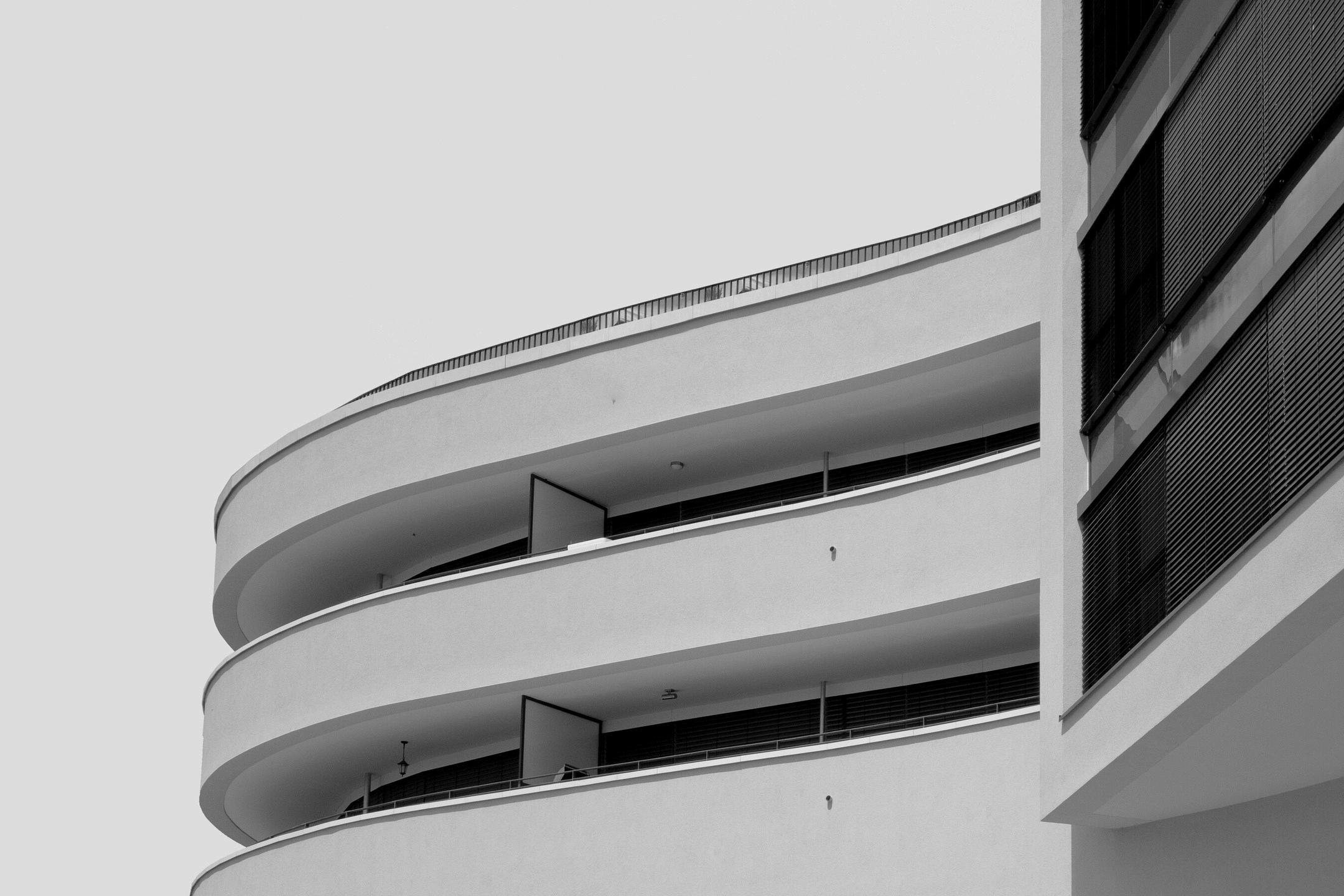


https://www.24lifesciences.com/download-
sample/3181/darifenacin-hydrobromide-market-market


https://www.24lifesciences.com



